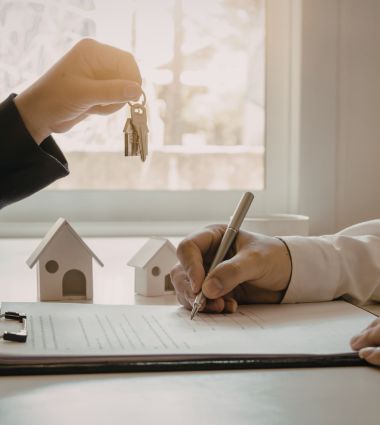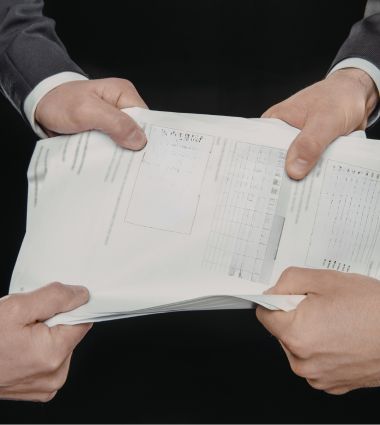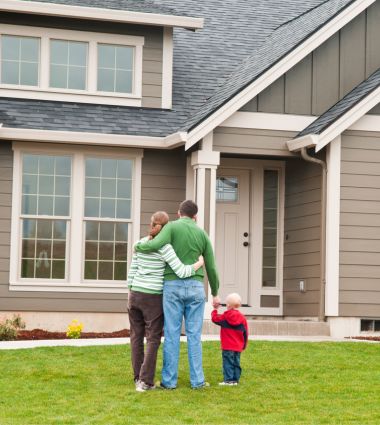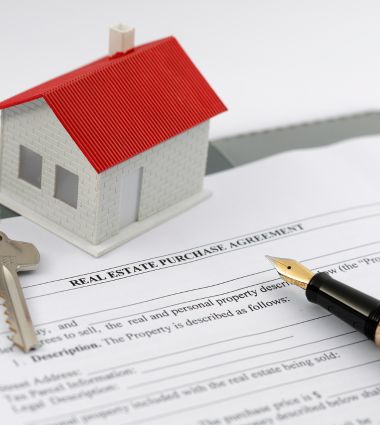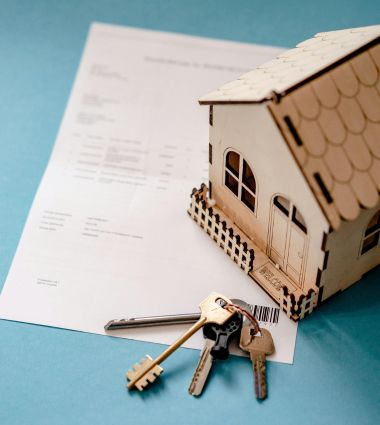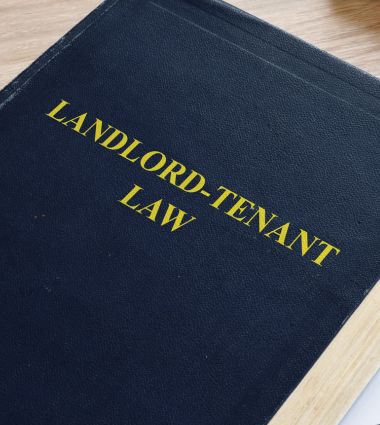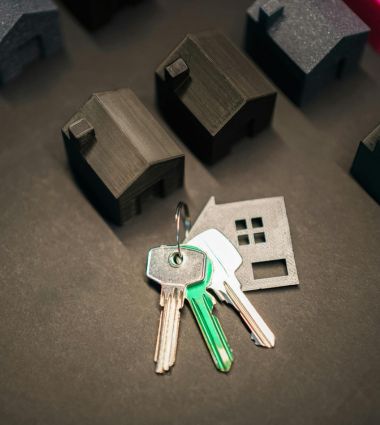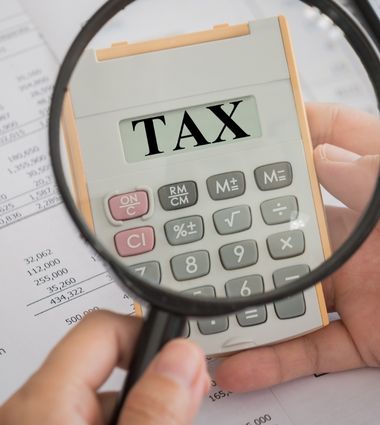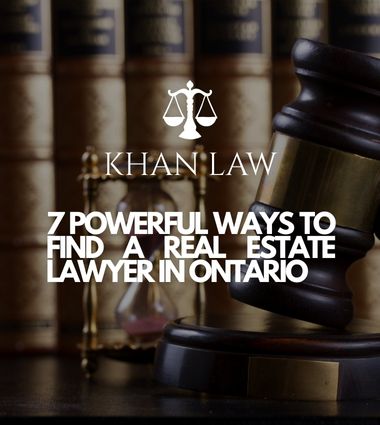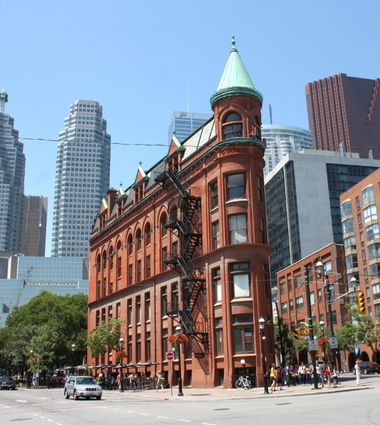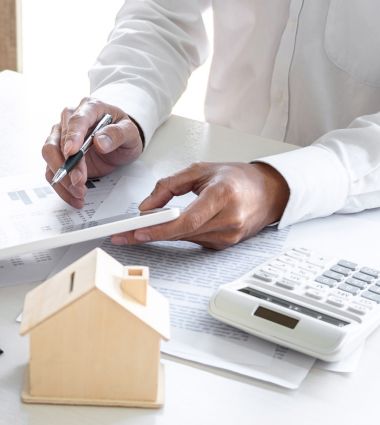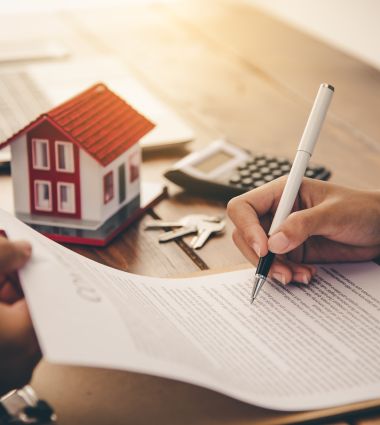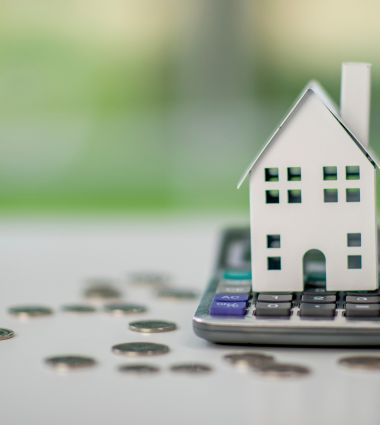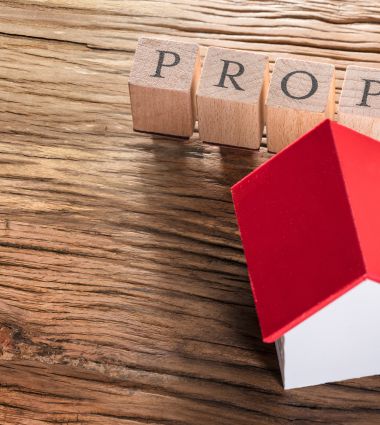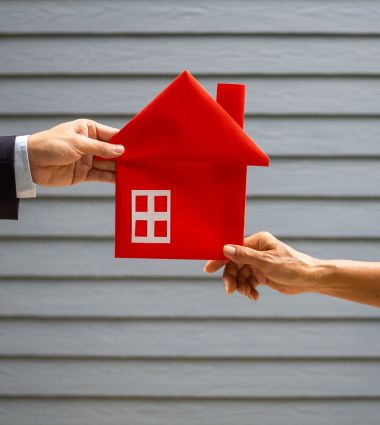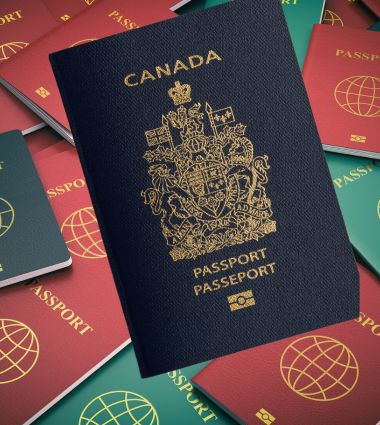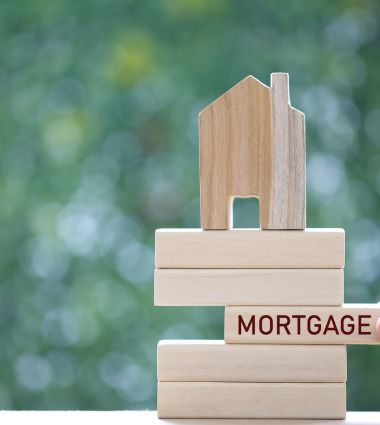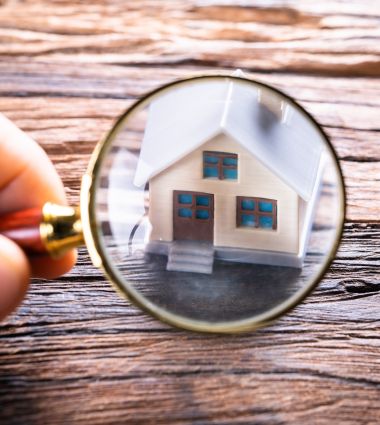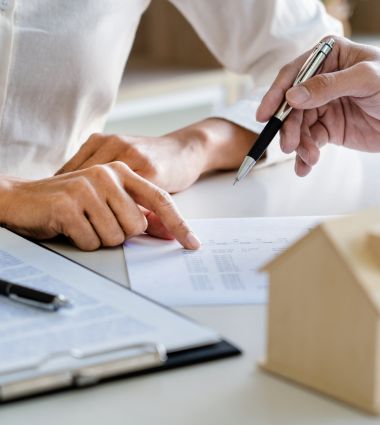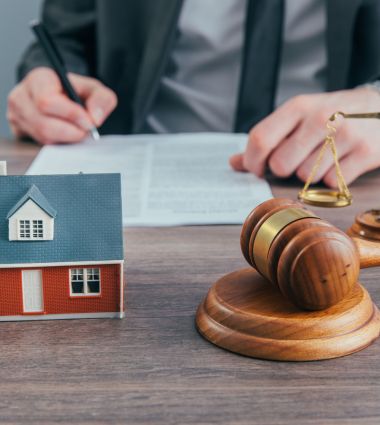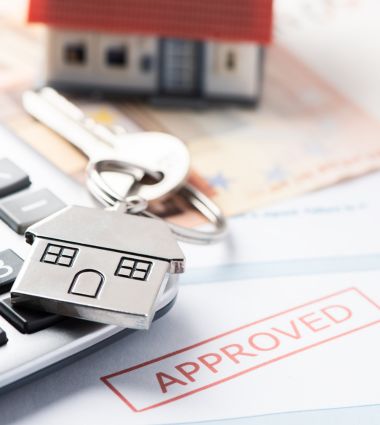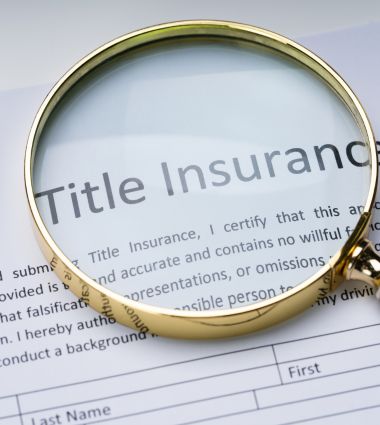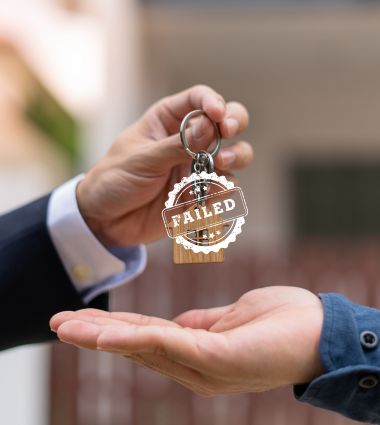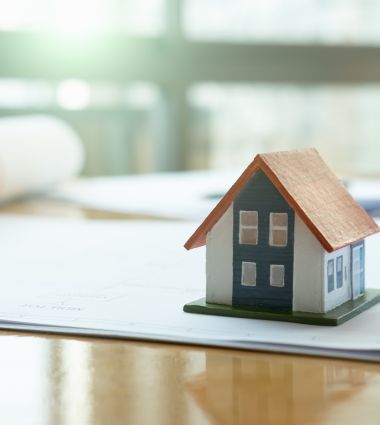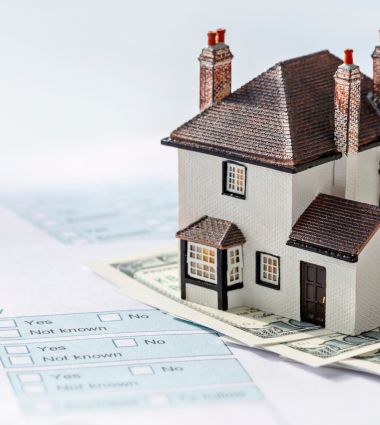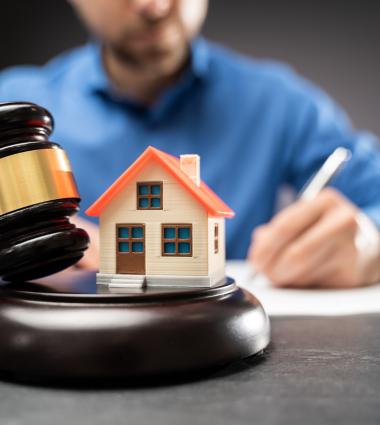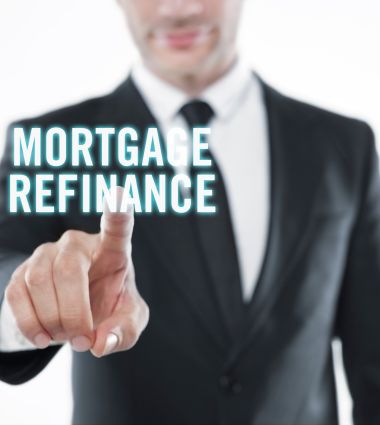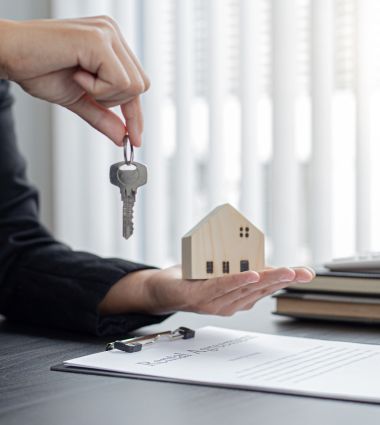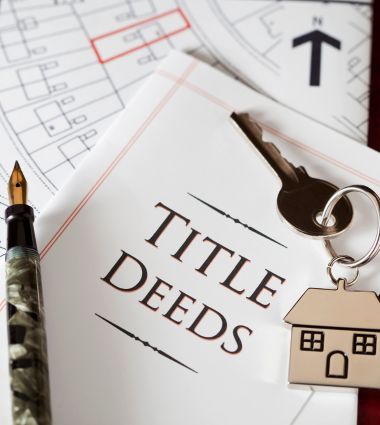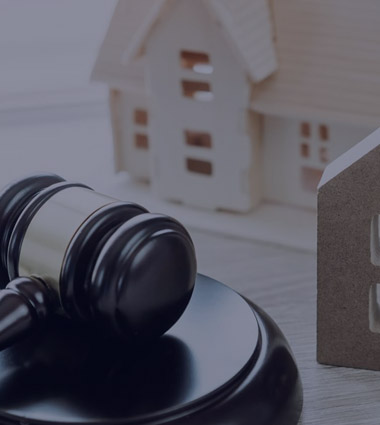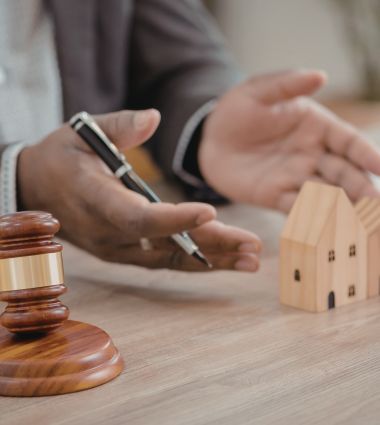How Residential Zoning Laws Toronto Impact Your Property
You’ve found the perfect home in Toronto. Great neighbourhood, walkable streets, and even space for a garden suite out back. But then your contractor asks: “Have you checked the zoning?” Just like that, your plans are on hold. And you’re not alone—many homeowners and buyers discover too late that residential zoning laws in Toronto can quietly dictate what’s possible on their property.
Residential zoning laws in Toronto aren’t exactly dinner-table conversation, but they shape more of your homeownership experience than you might expect. From what type of home you can build to how you’re allowed to use the space, zoning quietly sets the boundaries long before the first brick is laid.
If you’re buying, renovating, or thinking of adding to your property, zoning is something you can’t afford to ignore. In this blog, we’ll walk you through what these laws mean, the different types of residential zones in Toronto, and how to avoid surprises when it comes to your next real estate move.
What Are Residential Zoning Laws in Toronto?
At their core, residential zoning laws are city rules that decide what you can (and can’t) do with a property. They’re not just for developers; these bylaws shape everyday decisions for homeowners, buyers, landlords, and tenants.
In Toronto, zoning affects things like:
- What kind of building can sit on the land (single-family home, duplex, triplex)
- How tall or wide the home can be
- Whether you can add a laneway suite or a garden suite
- If you’re allowed to run a home business
- Parking requirements, green space, and even fence height
The city has dozens of zoning designations (like R, RD, RT, and RM) that apply to residential areas. Each one comes with its fine print, and the smallest change (like converting a single-family home into a rental unit) can trigger a zoning review.
Toronto’s residential zones come with letter codes: R for general residential, RD for detached homes, RT for townhouses or row housing, and RM for low-rise multiplexes. At a glance, they don’t mean much—but each code tells you what’s allowed on a piece of land, how high or wide a home can be, and what kind of units it can legally contain.
So, if you’re hoping to add a basement apartment or build a laneway suite, these letters matter more than you’d think. Understanding them early can save time, money, and future problems, especially during a purchase or renovation.
Common Residential Zoning Categories in Toronto
If you’ve ever looked at a property listing in Toronto and noticed zoning codes like RD, RT, or RM, you’re not alone. Most people see those letters and move on. But when you’re buying a home (or planning to renovate), it’s worth slowing down.
These codes quietly shape what you’re allowed to build, rent out, or add onto your property. Here’s what some of Toronto’s most common residential zoning laws mean:
RD: Residential Detached
This zone is for single-family, detached homes. Think suburban streets, driveways, and fenced backyards. You typically can’t add a second unit or create a multiplex here without jumping through serious hoops (and possibly a zoning variance).
Good to know: Many older Toronto neighbourhoods are zoned RD, and this can limit long-term plans like adding a rental unit.
RT: Residential Townhouse
This zoning allows for townhouses and row housing. It can be more flexible than RD, especially when it comes to multi-unit conversions.
Example: If you’re buying a property zoned RT and it’s a semi-detached, you might have the option to legally convert it into two units, depending on other criteria like lot size and parking.
RM: Residential Multiple
This zone permits low-rise apartment buildings, triplexes, and fourplexes. It’s often found in denser parts of the city or near transit lines.
Why it matters: If you’re looking to invest or house multiple generations under one roof, RM zoning offers more flexibility.
R: General Residential
This one’s a bit of a catch-all. It varies widely depending on the area, so you’ll always want to double-check what it allows. Some R zones behave like RD; others lean closer to RM.
Why Zoning Type Isn’t Just “Fine Print”
These codes don’t just affect developers. They impact everyday decisions, too: Can you add a garden suite? Can you legally rent out your basement? Can you build an extra storey for a growing family?
Understanding these categories gives buyers and homeowners more control over their decisions and fewer surprises.
Leslieville is a vibrant part of Toronto, full of character and a mix of old and new homes. Imagine you find a charming detached house here; that’s probably zoned RD. You love the idea of adding a basement apartment later, maybe to help with mortgage costs. But here’s what you need to know: RD zoning often makes that tough without special permissions.
On the other hand, if you’re looking at a townhouse in the same area (likely zoned RT), you could have more room to grow or rent. That little difference in zoning can change what you can do with your home down the road.
It’s the kind of detail that can slip past in the excitement of buying, but a real estate lawyer can help you spot it before it becomes a problem.
What Happens If You Ignore Zoning Rules?
Zoning laws aren’t just paperwork—they’re legally enforceable rules. Ignoring them can come back to haunt you:
- Permit denials
- Orders to remove renovations
- Fines from the City of Toronto
- Delays when trying to sell or refinance
Worse still, some homeowners assume past work was done legally, only to find years later that permits were never issued. That puts pressure on you, especially if you’re trying to close a deal quickly or qualify for a loan.
Zoning issues tend to surface at the worst time when you need approvals, financing, or a smooth sale. That’s why due diligence at purchase matters. More buyers are choosing to work with a Toronto real estate lawyer from day one.
Common Questions About Residential Zoning Laws in Toronto
What does “residential zoning” actually mean in Toronto?
It means the city has rules about what kind of housing can be built or lived in on a particular piece of land. These rules say whether a property can be used for single-family homes, duplexes, apartments, or mixed use, and they also set limits on building height, size, and use.
Can I rent out part of my house if it’s zoned residential?
That depends. Many residential zones in Toronto now allow for secondary suites (like basement apartments), but you still need to follow city guidelines and get permits. If the home isn’t zoned or built for that use, renting it out could cause legal problems.
How do I find out the zoning for my property?
You can check your property’s zoning on the City of Toronto’s zoning map or ask a real estate lawyer to review it for you.
Do I need a real estate lawyer to deal with zoning issues in Toronto?
Yes. A real estate lawyer can explain what your property’s zoning allows, help you avoid costly mistakes before buying or renovating, and challenge zoning restrictions if needed.
What You Should Know Before You Act
Zoning laws are complex, but for homeowners, buyers, and builders in Toronto, they shape what’s possible on every square foot of land. The good news? You don’t need to figure it all out alone.
- Understand your zoning designation (R, RD, RT, RM, etc.)
- Confirm what’s permitted on your lot, not just what “seems fine.”
- Review any variances or Committee of Adjustment decisions
- Talk to a real estate lawyer about what’s enforceable vs. flexible
- Make sure your plans align with both city rules and your long-term goals
Zoning doesn’t have to be a barrier—it can be a map. With the right legal support, you can move forward with clarity and confidence.
Have questions about your property or project? Contact Khan Law for personalized advice from a Toronto real estate lawyer who understands the local real estate law and how to protect your interests within it.
Real Estate
Family Law
Wills & Estates
Immigration
Join Our Mailing List.
Sign up with your email to receive our newsletter and stay informed about the latest legal developments and special offers.
